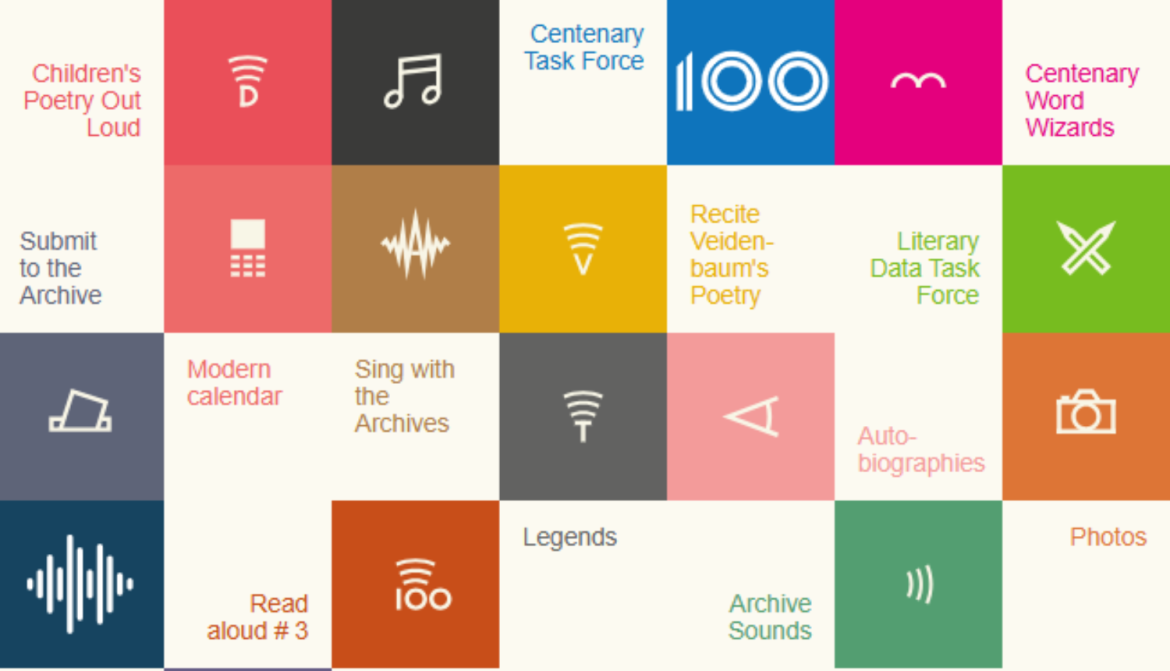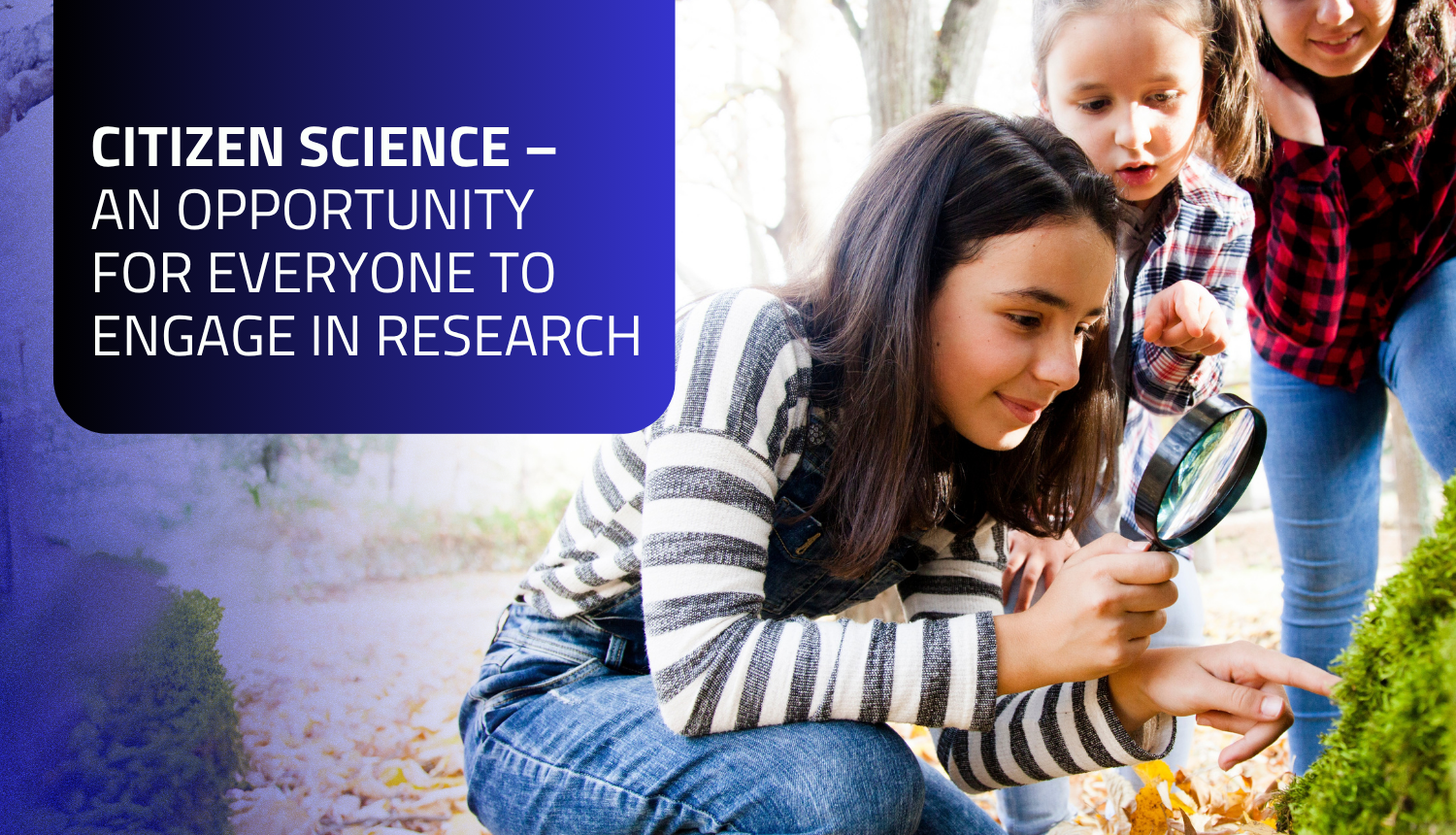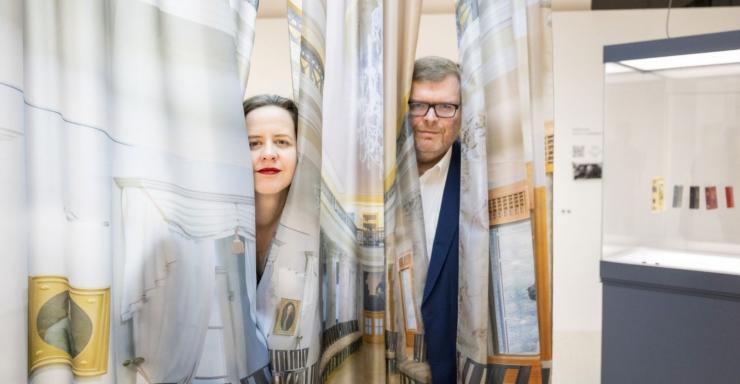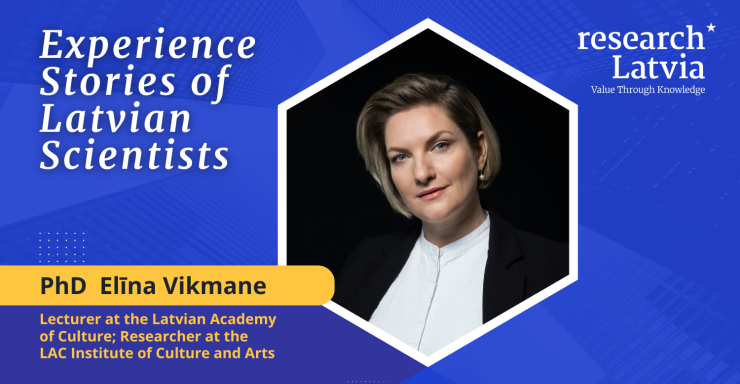Driven by curiosity, people often take an interest in the latest scientific discoveries and follow advancements in the field. Society sometimes perceives research as distant and inaccessible. But it doesn't have to be that way! Each of us can contribute to research and support the development of citizen science. It's a way to become civically engaged and inspire others to do the same – why not together with your children or friends?
Citizen science is a research approach in which members of the public actively engage in scientific work. This can include collecting data, making observations and measurements, analysing results, and even drawing conclusions or suggesting new ideas. Public involvement is crucial, as it enables scientists to gather significantly more data and increases public understanding of scientific processes, fostering community engagement, especially on environmental and public health issues.
Some examples of how people can get involved in citizen science:
- Bird watching (e.g., participating in "Winter Bird Census" projects);
- Measuring air or water quality using simple sensors;
- Making observations in nature (e.g., noting when specific plants bloom or when migratory birds return – in collaboration with the Latvian Ornithological Society and others);
- Assisting in data processing, such as analysing photos, listening to audio recordings, or classifying images of galaxies online;
- Participating in school programmes, such as "Living Water".
Research continues to develop new ways to involve the public in finding long-term, sustainable solutions for national development. These contributions can include both traditional, intergenerational knowledge and factual information about specific environmental events.
"I truly believe that the power lies in co-creation and teamwork. I invite everyone to join the research journey – even if it's just by asking your grandparents about their experiences or memories: how wild plants were once used or how the climate and environment have changed over time," says citizen science and ethnobotany researcher Ph.D. Baiba Prūse about public involvement in science.
Baiba Prūse is one of 14 Latvian researchers featured in the 2021 science calendar "ResearchLatvia". Learn more about her research journey and work in the video:
A successful and award-winning citizen science project in 2024 was the digital platform iesaisties.lv, developed by the Institute of Literature, Folklore and Art at the University of Latvia. It received recognition as part of the European Union Citizen Science Award. This platform allows users to participate in various citizen science initiatives aligned with their interests, categorised by topic and type of involvement. It is a valuable tool for engaging the public in the humanities and arts, thus fostering collaboration between science and society in the digital space.

The goal of the iesaisties.lv platform aims to strengthen collaboration between researchers in the humanities and the wider public, thereby enhancing multidirectional knowledge exchange, collective creativity, and a more collaborative form of science. Additional aims include increasing the availability of humanities data, promoting digital skills, encouraging cultural participation, and supporting lifelong learning.
"There are public calls on social media where people are invited to help with specific goals. However, if someone visits the website and wants to get involved, there are three ways to do so: by sharing their knowledge, creative response, and assisting in transforming information from one format to another. The platform is designed to welcome those who want to contribute but are unsure where to begin," explains Dr. philol. Sanita Reinsone, representative of iesaisties.lv.
Although citizen science has not yet become a widespread daily practice in Latvia, public consultations, surveys, citizen forums, and participation platforms are becoming more common. Each of us can contribute to science and support innovations, as well as the Latvian research community.


